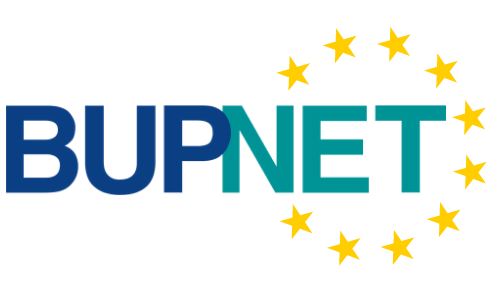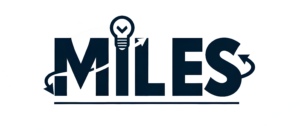A study by Vodafone found out that the vast majority (76%) of young people see fake news online or on social media at least once a week. 66 % are convinced they are able to recognize misinformation when they see it. However, 53 % express doubts which information they can trust because of the spread of misinformation. 85% think that the topic of fake news should be compulsory content in a specific subject (e.g. politics, social studies or social studies).
A study by ’Neue Vaerantwortung’ found that, in general, younger generations are more competent than older generations, but this depends on their level of education: digital news literacy decreases significantly with age. Looking at age and education together, it is noticeable that formally poorly educated people under 40 achieve the lowest score (10.7 points), while younger people with a high level of education achieve the highest score (16.5). Although younger people are more competent on average, this applies in particular to those with a high level of education, while those with a low level of education are particularly disadvantaged. Interestingly, however, younger people aged 30 to 39 (30%) tend to feel overwhelmed by the mass of information in the media more often than older people 60+ (19%). Men were below the average (18%), women above (27%).
According to the Allensbach study (see sources), only around 37% of teachers see enough room in existing curricula to teach media competence. 53% of teachers reported having already delt with the subjects several times, with a further 21% touching on the subject once. There is a clear gap of 12% between Gymnasien (more elite schools with a humanitarian profile) and the Haupt- and Gesamtschulen. In the cases when media competence is included in the curriculum, it is usually in grades 8-10. 28% of teachers managed to offer media competence as a dedicated unit, and 46 had to include it in other units. 66% of teachers who taught media competence had access to ready-made teaching materials. 91% of teachers found printed media to be most useful as illustrative material. 54% of teachers aged below 40 also included social media, but that number dropped to 30 % of those above 50 years.
When speaking about media competence, it should be regarded as important that a significant minority (27%) of teachers have little trust in the reporting of the media in Germany, in the East even the majority (46% vs 43%). It should be noted that teachers in the East watch significantly more television (61% vs 40%) and read significantly less printed media (37% vs. 50%) than their peers in the West. Younger teachers, on the other hand, prefer the Internet – 62% use it as their main source of information.
Sources:
- MedienScouts Hamburg. Experten für digitale Medien. Retrieved from https://li.hamburg.de/fortbildung/themen-aufgabengebiete/medienpaedagogik/medienscouts-657818
- Niedersächsische Staatskanzlei (January 2021): Medienkompetenz in Niedersachsen Ziellinie 2025 (Media competence in Lower Saxony target 2025) retrieved from https://bildungsportal-niedersachsen.de/digitale-welt/medienbildung/vorgaben/medienkompetenz-in-niedersachsen-ziellinie-2025
- Institut für Demoskopie Allensbach (2020). Die Vermittlung von Nachrichtenkompetenz in der Schule Ergebnisse einer repräsentativen Befragung von Lehrkräften im Februar/März 2020.
- Dr. Börsch-Supan, Johanna, Thies Lars (2020) Die Jugend in der Infodemie. Eine repräsentative Befragung zum Umgang junger Menschen in Deutschland mit Falschnachrichten während der Coronakrise. Vodafone Stiftung Deutschland gGmbH. Düsseldorf
- Anna-Katharina Meßmer, Alexander Sängerlaub und Leonie Schulz (2021). „Quelle: Internet“? Digitale Nachrichten- und Informationskompetenzen der deutschen Bevölkerung im Test. Stiftung Neue Verantwortung.
- Roose Jochen (2021) They are Everywhere. A Representative Survey on Conspiracy Theories. Konrad-Adenauer-Stiftung e. V., Berlin
- Stegers Fiete (2021) Desinformation in Deutschland. Gefahren und mögliche Gegenmaßnahmen aus Sicht von Fachleuten. Vodafone Stiftung Deutschland gGmbH. Düsseldorf

